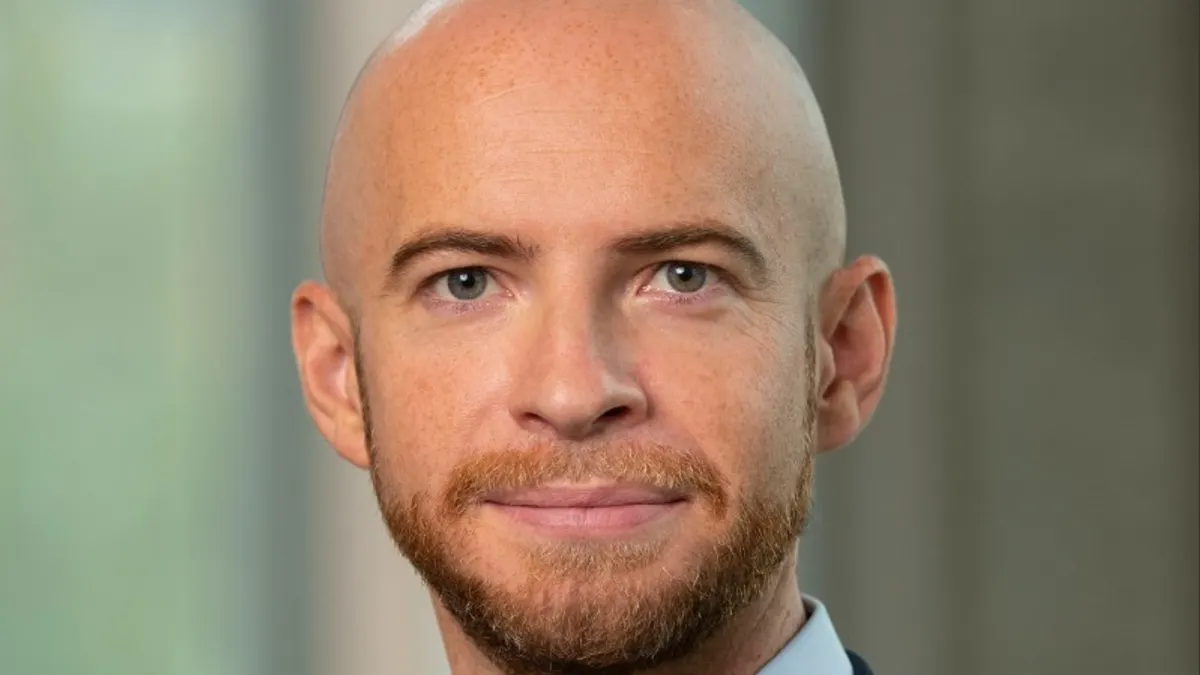If you’re a pharma executive, it might just be a good time to consider your career options — particularly if you’re a chief financial officer. With record-breaking investments last year in early stage biotechs, companies are looking for the right candidate to steer them through critical phases of growth, such as new rounds of capital fundraising or navigating to an IPO.
“All the investing in 2020 and 2021 pushed up the volume of need for the CFO role,” explains Leslie Loveless, CEO of Slone Partners, a life sciences and healthcare recruitment firm. According to Loveless, this rising demand for CFOs has triggered growing salaries.
“As a rough estimate, we’re seeing salaries for CFOs that are 15% to 20% higher in 2022 compared to 2020,” she says.
But it’s not just CFOs attracting higher paychecks. With Slone Partners’ focus on building executive teams for startup or early stage life science and healthcare companies, Loveless has had a front row seat to the recent bustle of activity in biotech, and how it’s impacted executive salaries and other hiring trends. With talent wars an ongoing challenge, job candidates at all levels are at an advantage when it comes to negotiating. But there are still many mistakes they could make in their efforts to get a new job.
Typically, Slone Partners’ clients are companies looking to place candidates, but Loveless also consults executives hoping for a fresh start. Because this position allows her to see both sides of the equation, Loveless says there are common themes to the advice she offers executives on the hunt for a new gig.
Here, Loveless offers her dos and don’ts for life science executives looking to land that next corner office.
Nurture your brand: “Executives in life sciences have to have a brand,” Loveless says. “Having no brand is almost the same as having a bad brand.”
Part of building that brand, Loveless says, is using storytelling to highlight your accomplishments.
“Look at yourself and understand why a company or investor is going to be drawn to you and how you can create that brand,” she advises.
This is especially crucial because companies are often looking for candidates to help with a specific goal, like bringing a drug into clinical trials or raising new capital. So candidates have to successfully communicate their track record if they want to get noticed.
“Being a great storyteller as a biotech CEO is huge,” Loveless says.
To that end, Loveless advises potential candidates to beef up their resumes to showcase their achievements and says they should not underestimate the importance of LinkedIn.
“Investors look at LinkedIn regularly and they are immediately disappointed if the profile is sparse,” she says. “So candidates should invest more time into creating their public brand there.”
Build your network: Networking isn’t just about glad-handing others in the industry. To successfully build and protect a valuable network, Loveless says executives should take thoughtful steps when making professional connections. In particular, Loveless says that executives should make sure that they build positive, reciprocal relationships.
“Don’t be the ‘I want to talk to you only when I need you’ person,” she says. “You want people to follow you and know that they can reach out to you.”
“Being a great storyteller as a biotech CEO is huge.”

Leslie Loveless
CEO, Slone Partners
By making yourself a valuable partner with other execs in the industry, Loveless says you are more likely to be remembered, admired, and ultimately hired by other companies.
“That way you are never lost in the sea of noise in biotech,” she says.
Be transparent about your intentions: Because of the intense competition for talent in pharma, candidates know they often have the upper hand and are juggling offers from multiple companies. However, Loveless cautions that executives shouldn’t let this advantage lead to behavior that could haunt them later.
For example, Loveless says candidates should be completely transparent about any deal-breakers or obstacles that could prevent them from taking the job. Whether it’s requirements for a sign-on bonus or equity vesting or strong feelings about relocating, Loveless says candidates must be transparent early in the process — long before an offer is given. Waiting too long to divulge critical endpoints could cause “a bomb to go off,” make the company feel like their time was wasted, and potentially damage the candidate’s reputation with others down the line.
“Don’t throw out any zingers at 11:59 p.m.,” she says.
Don’t over-ask for your salary: Despite the high demand for top talent, Loveless says that many executives have been making “unreasonable asks” for compensation.
“I understand that if you’re at point A, you want to see some financial incentives to make a change to point B,” she says. “But I’m not a fan across the board of salary and title inflation.”
Instead, Loveless encourages candidates to consider what is fair and reasonable, rather than trying to push the limits as far as they can. Asking for too much, she says, is another way a candidate can sour their chances of landing the job.
“It’s almost an integrity factor,” she says.
















